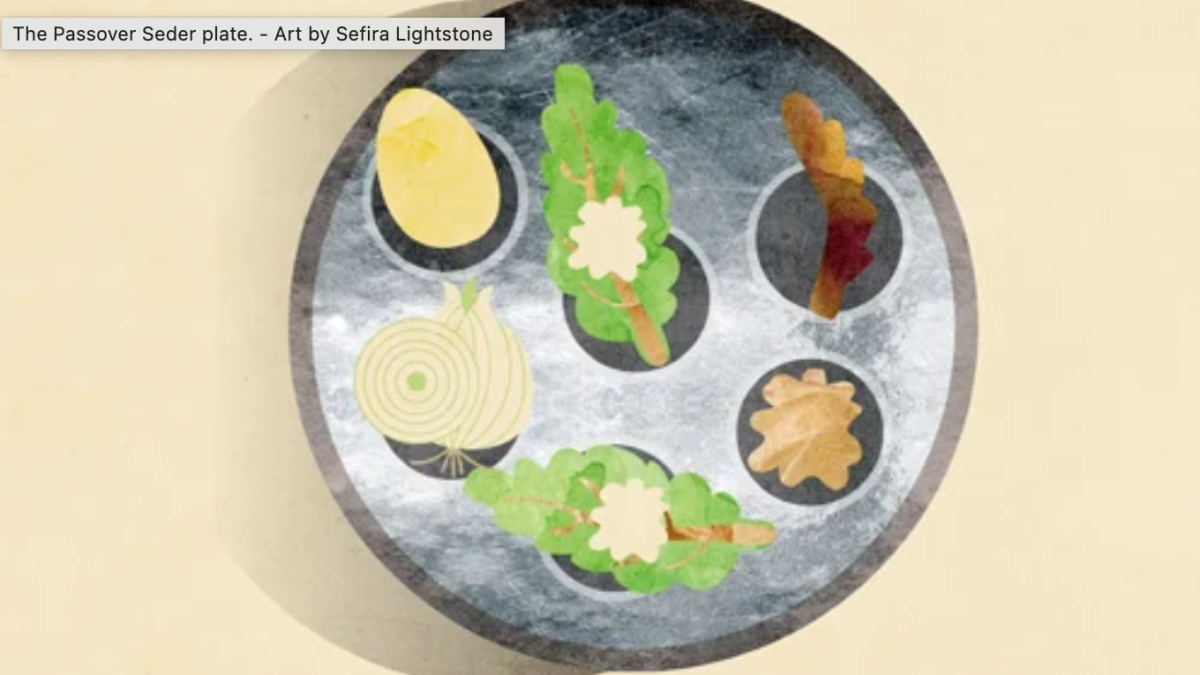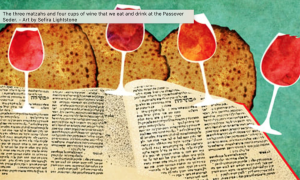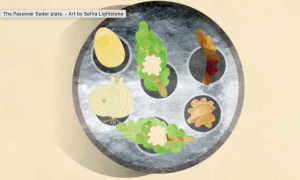Commemorating The Journey to Freedom

Pesach (or Passover) is celebrated by Jews around the world every year to commemorate the anniversary of our miraculous Exodus from Egyptian slavery, as told in the Bible. This year it takes place from 12th to 20th April. 

On the first two nights of Pesach, we celebrate by holding a Seder, visiting the synagogue and abstaining from work. At the Seder, after candles have been lit, we enjoy a ritual-filled 15-part meal, which centres around telling the story of the Exodus.
During the meal we read the Haggadah, a book that tells the story of the Exodus from Egypt and eat foods to remind us of our journey to freedom.
These include matzah, an unleavened cracker which reminds us that when our ancestors had to leave Egypt in a hurry, they had no time to allow their bread to rise, along with bitter herbs and vegetables. We dip specific vegetables, such as parsley, lettuce or celery, into salt water, drink four cups of wine or grape juice, and children ask the Four Questions (Mah Nishtanah).
It is traditional to share our Seder meals with our family and friends, and we sing special songs on Passover, often late into the night.
On Pesach, it is traditional for Jews not to own or consume chametz, which is anything containing grain that has risen. This includes breads, pastas, cakes and biscuits. Prior to the festival, we spring clean our homes for Passover and the remaining chametz is burned or sold.
Pesach lasts for eight days. Following the four intermediate days, when work restrictions are somewhat relaxed but we still don’t eat chametz, we celebrate the final two days of Passover, and do not work on these two days either.
Why is Passover important?
Pesach is important to Jews, as it celebrates our birth as a nation. It commemorates the miraculous liberation of the Israelites from slavery in Egypt and is a time to reflect on humility and the potential for miracles.
Who will you be sharing your Seder meal with?
Images by Sefira Lightstone